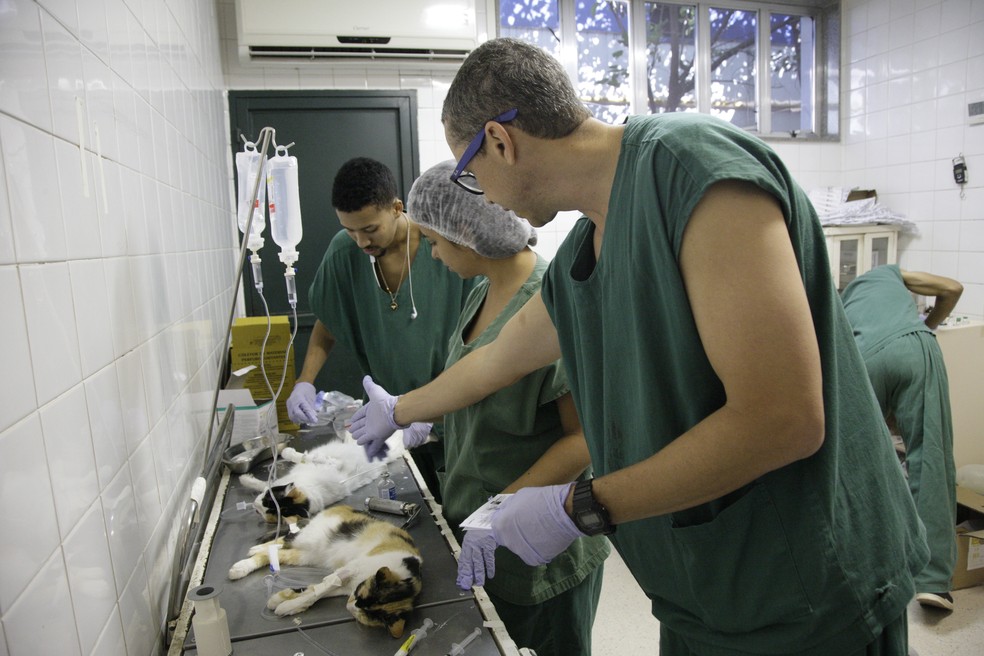RIO DE JANEIRO, BRAZIL – The Paulo Dacorso Filho Zoonosis Control Center (CCZ), in Santa Cruz, in the West Zone of Rio de Janeiro, inaugurated a surgical center this week with a thousand spaces for free castration of dogs and cats.

The unit is part of the Sub-secretariat of Surveillance, Sanitary Inspection, and Zoonosis Control (SUBVISA), which provides over a thousand castrations monthly at the Jorge Vaitsman Municipal Institute of Veterinary Medicine (IJV), in São Cristóvão, in the city’s North Zone.
For now, the services must be requested in person. Each person is entitled to register three animals. Soon, the SUBVISA will implement an online booking system for its two units.
“This center was a demand from residents of the West Zone, where we have the largest population of dogs and cats in the city. We are taking another important step forward in animal care. We have greatly increased the offer of castrations that, in the past management, did not exceed 3,500 per year,” said Mayor Marcelo Crivella during the inauguration of the new surgical center.
Dogs and cats will be given inhalation anesthesia in the new surgical center and will be provided a specific pre- and post-op area.
“Castration is part of the preventive actions of risks to public health. It reduces anxiety and stress in animals, contributing to the reduction of severe diseases such as cancer and sporotrichosis. This surgery provides a longer life span for dogs and cats, less spending for their owners and savings on public policy actions, benefiting all. With the increase in places, by the end of the year we will castrate approximately 10,000 animals, more than the 9,215 castrated in two and a half years”, says veterinarian Márcia Rolim, head of the Undersecretary of Health Surveillance and Zoonosis Control.
According to the city, since July 1st, the number of free monthly castrations of dogs and cats in Rio has tripled from 400 to 1,200. And the surgeries, which were already happening from Monday to Friday at the IJV, in São Cristóvão, also began to be performed on Saturdays.

